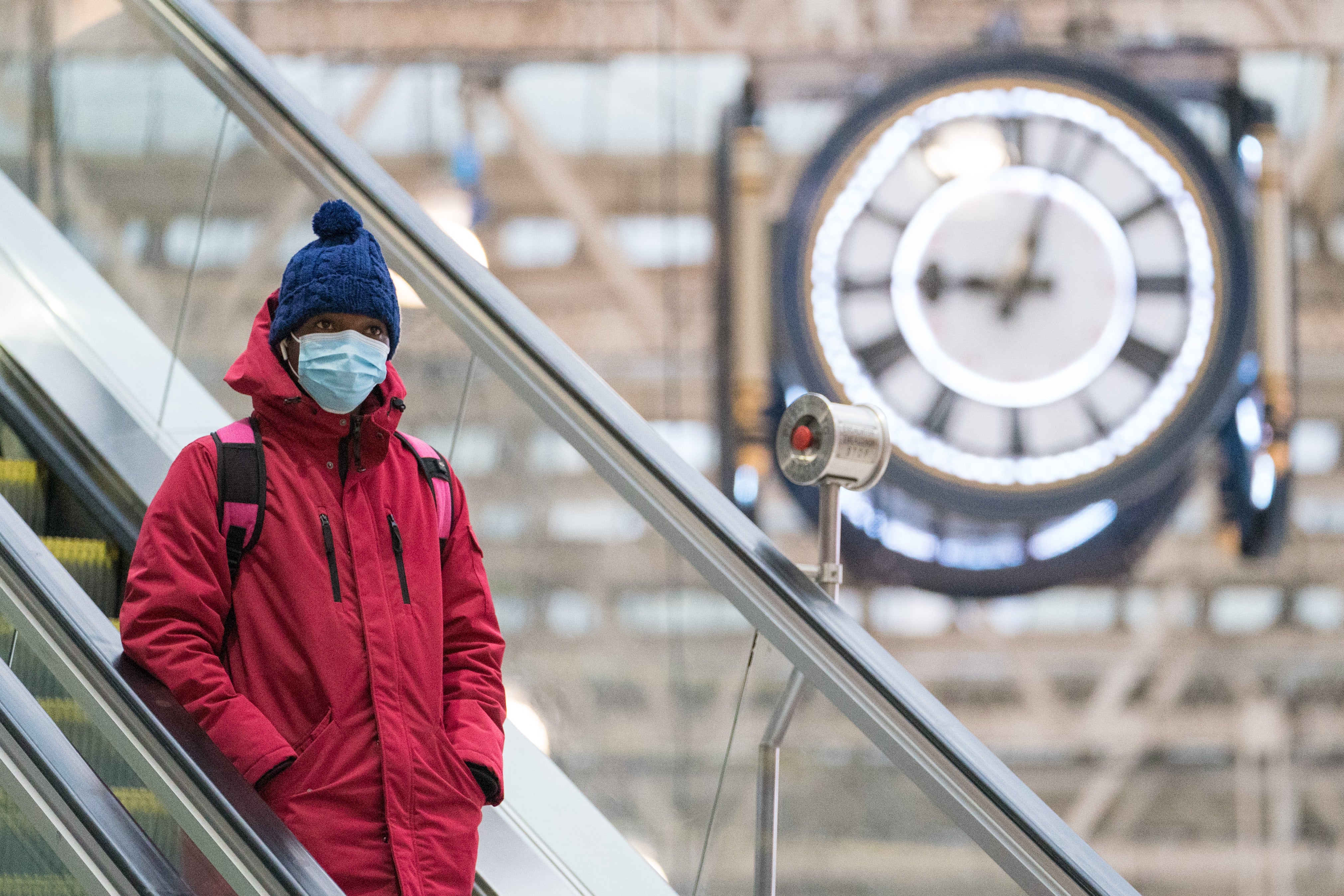Office visits spike in last week of January
The company’s research shows that staff are four times more likely to choose and office close to home than in a city centre.

Your support helps us to tell the story
From reproductive rights to climate change to Big Tech, The Independent is on the ground when the story is developing. Whether it's investigating the financials of Elon Musk's pro-Trump PAC or producing our latest documentary, 'The A Word', which shines a light on the American women fighting for reproductive rights, we know how important it is to parse out the facts from the messaging.
At such a critical moment in US history, we need reporters on the ground. Your donation allows us to keep sending journalists to speak to both sides of the story.
The Independent is trusted by Americans across the entire political spectrum. And unlike many other quality news outlets, we choose not to lock Americans out of our reporting and analysis with paywalls. We believe quality journalism should be available to everyone, paid for by those who can afford it.
Your support makes all the difference.Office visits spiked in the last week of January as restrictions were lifted, new data from one of the country’s biggest office providers show.
IWG said that it had seen a 50% spike in office visits between the first and final weeks of the month.
The business said that the number of staff who visited its 300 locations across the UK has been steadily increasing in recent months.
Compared to January last year when the country was in lockdown, there has been a nine-fold increase in office visits.
The company’s research shows that staff are four times more likely to choose and office close to home than in a city centre.
More than four in five of them listed not needing to commute to work as a benefit of hybrid working.
Boss Mark Dixon said that there is “a lot of debate” about the future of working, adding there is a clamour for more decentralised offices
“This is an issue about commuting, and about affordability of housing and convenience. It’s not people working from an office or not working from an office,” he said.
“It was the cities where you had an imbalance which forces people to live a long way away from where they work, which were affected and still are affected by people voting with their feet, saying I don’t want to spend two hours a day commuting for no reason.”
“We’re at the epicentre of the change,” Mr Dixon said. Large and small businesses are saying there is a different way to work, he added.